Are you a Matcha seller? Join as a Vendor
Xihu is a tea-growing region near West Lake in Hangzhou, China, known for Longjing green tea. Its distinct terroir shapes tea flavor and quality standards.
There are no results matching your search
There are no results matching your search Reset filters?
Xihu, or West Lake, sits in Hangzhou, Zhejiang Province, China, where it’s produced some of the world’s most celebrated green tea for over 1,000 years. The region doesn’t produce matcha in the traditional Japanese sense. Instead, Xihu is home to Longjing tea, also called Dragon Well, a pan-fired green tea that’s earned Protected Designation of Origin status. While some producers might stone-grind Longjing leaves into powder, this differs from authentic matcha, which requires shade-grown tencha leaves and specific Japanese processing methods.
Xihu’s microclimate creates conditions you won’t find in most tea regions. The area receives 2,000 to 3,000 mm of annual rainfall, with humidity levels hovering between 80 and 90 percent. Frequent mist and fog blanket the hillsides, creating what locals call a “fog forest” environment. This diffuse sunlight reduces polyphenol development while boosting amino acid content in the leaves.
The soil here is loose, sandy, and mineral-rich, thanks to the surrounding mountains and proximity to West Lake itself. Tea plants grow at various elevations across five prime sites: Shifeng Mountain, Yunqi Village, Longjing Mountain, Meijiawu, and Hupao Spring. Each location produces tea with subtle variations, though all share that characteristic sweet, mellow profile. Temperatures during the growing season stay between 10°C and 20°C, perfect for developing tender shoots.
The best Xihu tea comes from the Ming Qian harvest, picked before the Qingming Festival in early April. These pre-spring shoots are tender, uniform, and packed with flavor. Farmers pluck “two leaves and a bud” by hand, ensuring only the youngest growth makes it into production.
Quality indicators include:
Only tea from the defined West Lake area can carry the Xihu Longjing label. Tea grown elsewhere in Hangzhou gets labeled as Hangzhou Longjing, marking a clear quality distinction. This geographic certification, recognized by the EU since 1998, protects both consumers and traditional producers.
Xihu’s traditional pan-firing technique differs completely from matcha production. Skilled artisans heat fresh leaves in large woks, pressing and shaping them flat while stopping oxidation. This roasting process develops the tea’s signature chestnut aroma and reduces any bitterness. The careful temperature control during drying preserves delicate vegetal notes and natural sweetness.
The resulting flavor profile is complex yet smooth. You’ll taste grassy, vegetal notes upfront, followed by roasted chestnut and butter undertones. There’s a natural umami quality and subtle sweetness that lingers. This taste comes from the terroir and processing, not from shading techniques used in matcha cultivation. If you’re looking for powdered tea from this region, understand it won’t match Japanese matcha’s flavor or preparation style, even though both start as Camellia sinensis leaves.
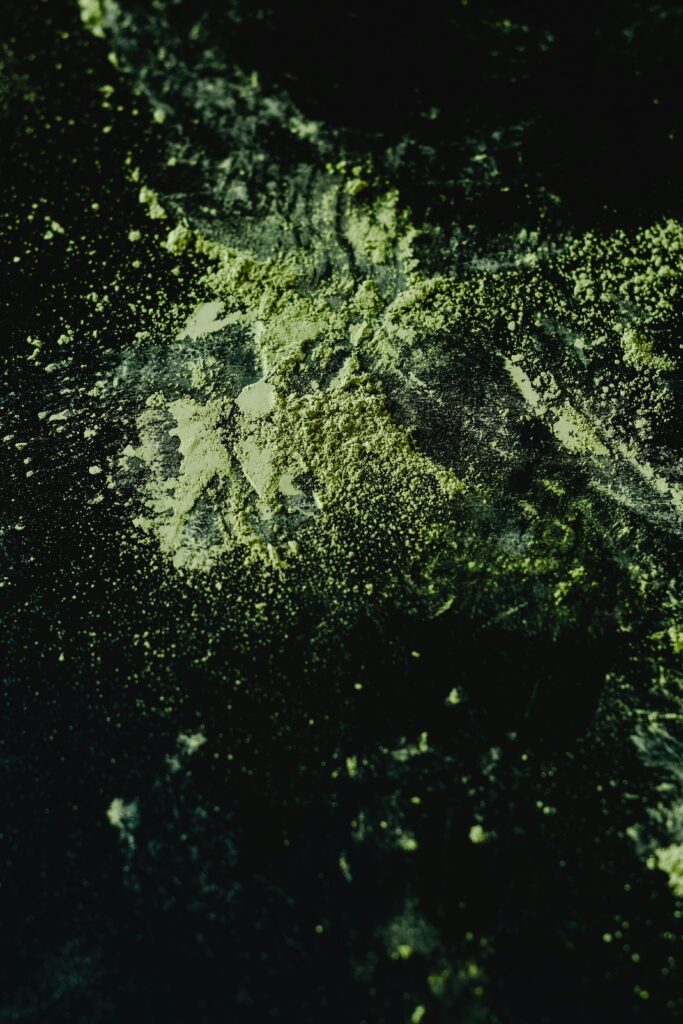
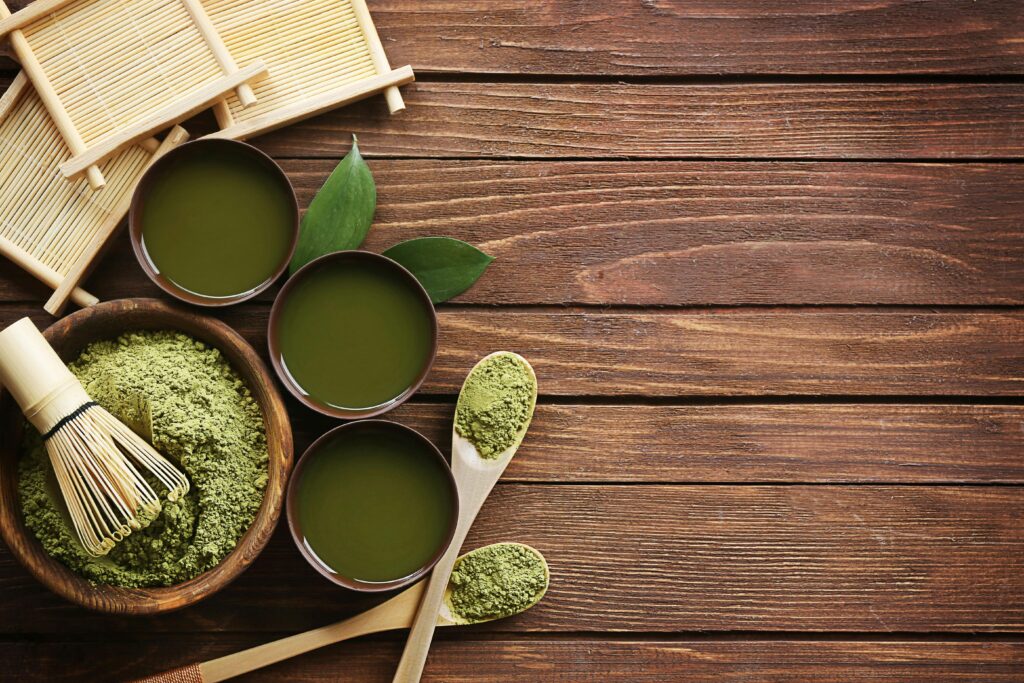
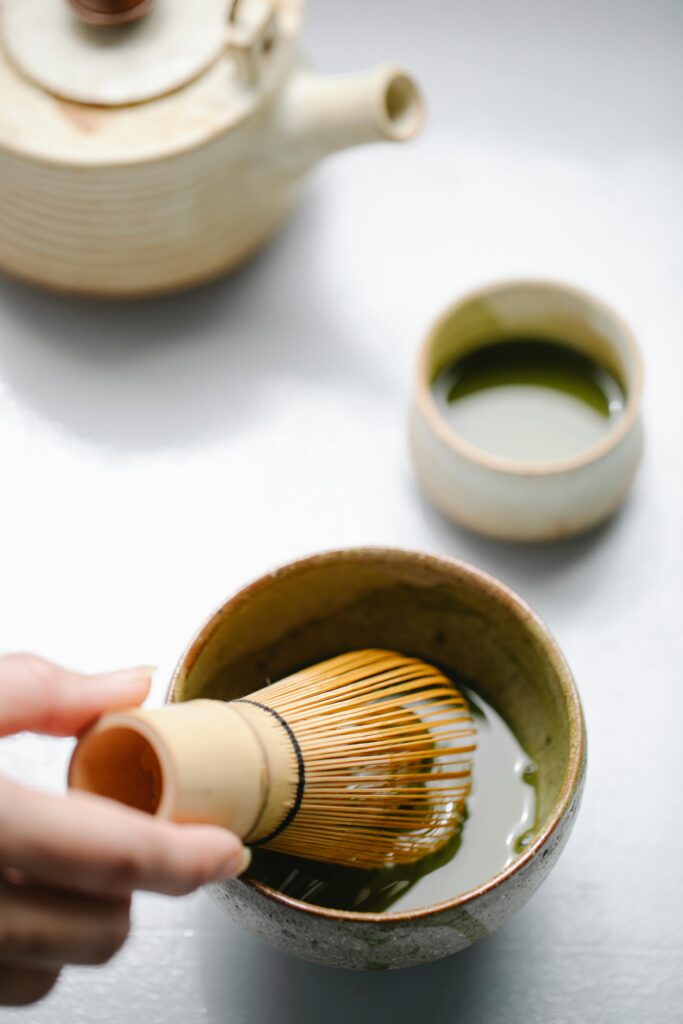
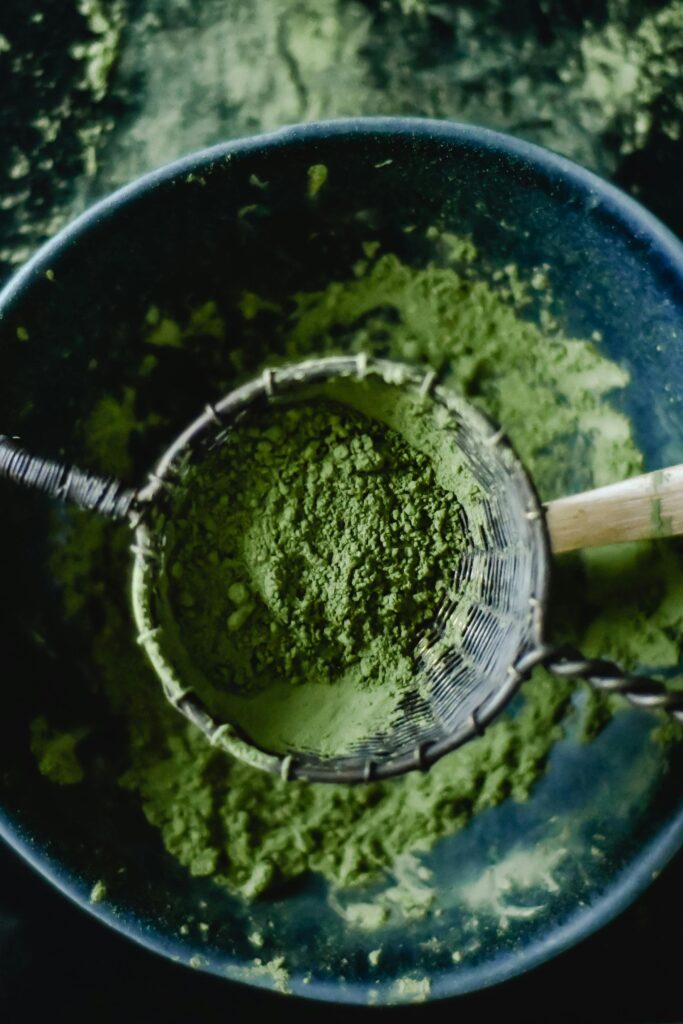
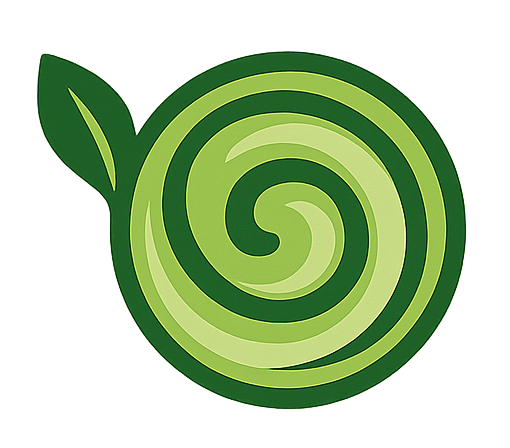
Join our mailing list to receive updates and exclusive tips.
There are no results matching your search